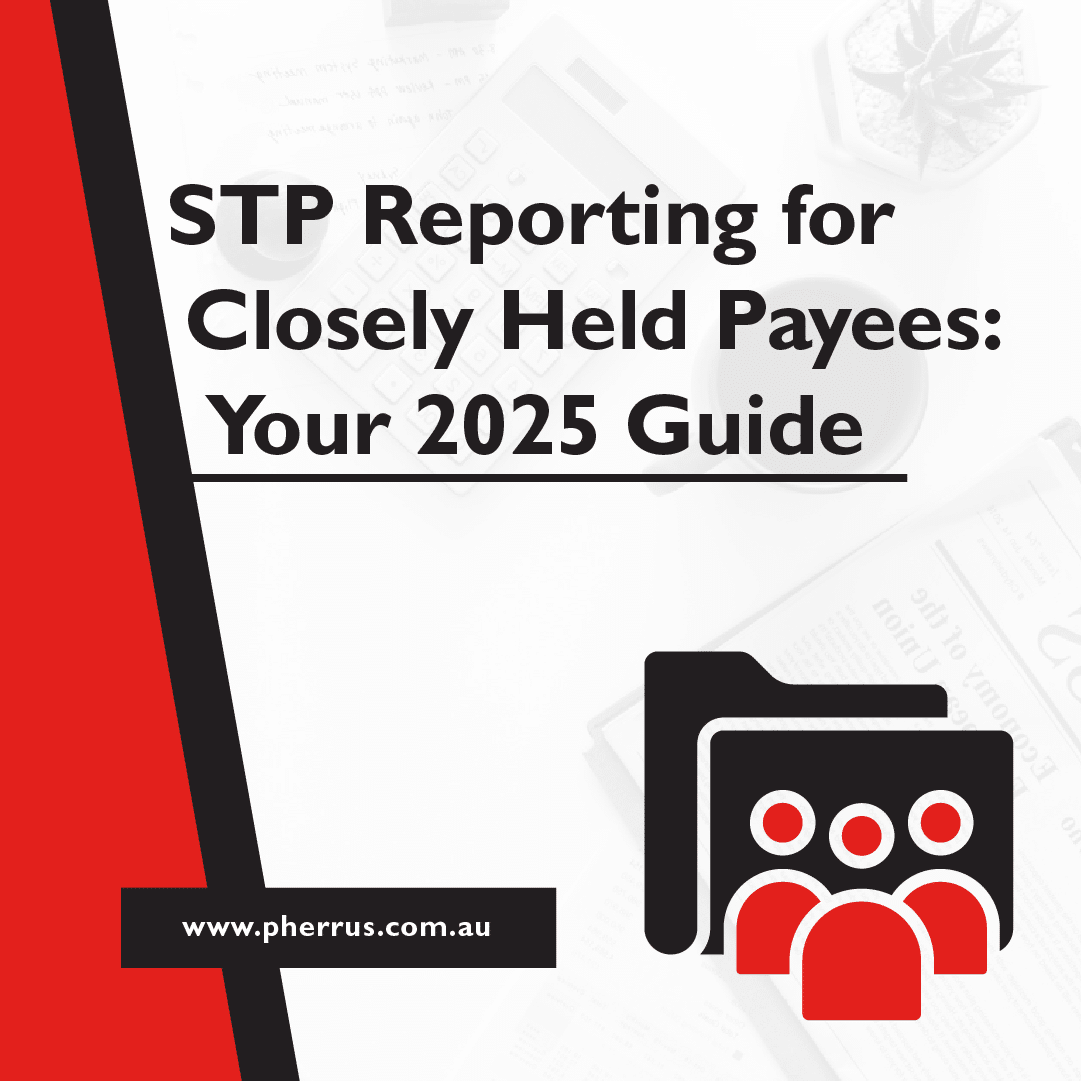Virtually every industry in the country has taken a massive economic hit as a result of the Covid-19 pandemic. From businesses being unable to operate through to demand disappearing overnight, many organisations are facing a parlous future. Both property developers and property owners have been adversely affected by the pandemic: with construction slow or non-existent, the property market stagnating and future demand for both commercial and residential property uncertain, it’s little wonder that many developers and landlords are extremely concerned about the viability of their commercial future.
Whereas business, in general, has received some economic support from the government, relatively little attention has been paid to the specific needs of property developers, despite the prominent part they play in the country’s economy. To remedy this, the Property Council of Australia has come up with a seven-point economic plan to kick start the recovery of the sector.
Who are the Property Council of Australia?
The Property Council of Australia is a lobbying group that represents the views of property developers and property owners. Formed in 1969, its role involves anything from providing informed commentary on the standpoint of its members, as well as working with the government to further the interests of its members. Over the years, the Council has lobbied on issues such as the preservation of negative gearing, protesting against land tax rises, and opposing minimum apartment standards. Firmly on the side of developers, its seven-point plan is an ambitious strategy for getting the sector back on its feet again. Currently at the proposal stage, it remains to be seen whether the government adopts some, or all, parts of the strategy’s recommendations.
Key recommendations of the Housing Construction Kickstart Plan
The major recommendations contained in the report are:
A boost for the housing construction industry
A number of measures are included under this objective, such as offering a $50,000 grant to people who purchase a new-build property; consideration at the state level of incentives for new-build purchases such as reduced stamp duty or homebuyer assistance; make the Housing Infrastructure Facility money easier to access by developers by relaxing some of the criteria.
Accelerating growth with projects which act as catalysts
Some construction projects naturally act as economic catalysts. Measures to achieve this include fast-tracking approvals for major government projects; making it easier to purchase government land; drawing up a new list of infrastructure projects; incentivising maintenance on some developments; reducing regulation in some areas.
Improving housing affordability
The aim of this objective is to incentivise various sectors of the population to purchase new-build properties. Of particular importance would be the purchase of new retirement housing, the provision of affordable housing for key workers, and an increase in high-calibre rental properties. A mixture of deregulation and incentivisation is suggested as the key to achieving this aim.
Tax reforms
In keeping with the overall ethos of the Council, they recommend a number of potential tax reforms which could benefit the property development sector. These include the abolition of stamp duty; keeping CGT and negative gearing; no new taxes for the next 12-months; and consideration of tax improvements. In short, the Council is hopeful of a less onerous taxation system.
Identifying capital to aid recovery
It is suggested this could be achieved through measures such as making it clear that construction is still thriving and taking place, irrespective of the pandemic; and making it easier for developers to access competitively priced credit (loads) for their projects.
Building the country’s economic resiliency
In summary, this aim focuses on up-skilling workers to cope with the necessary changes in working practice which post-pandemic firms will need to adopt. Inevitably, post-pandemic priorities such as flexible working, digitalisation, considering vertical integration and related construction practices will only work well if the workforce has the capacity to implement them.
Promoting migration
Migrants bring several economic benefits to the country. From providing a useful pool of labour for construction projects through to providing capital to finance development projects and/or to purchase completed projects, migrants have a key role to play in building domestic economic prosperity.
This is an ambitious plan, which, if adopted (in whole or in part) by the Australian government, could have a number of implications for homeowners, landlords, developers, construction industry professionals and related sectors. Here at Pherrus Financial Services, we are watching the progress of the Council’s lobbying with interest. Should there be any developments regarding additional funds from the government to support property development, we will make sure we get all the details. As experienced tax accountants, we recognise that this Kickstart Plan is an important document, created by a prestigious, influential organisation. If you suspect that the Council’s Plan contains recommendations that may be relevant to you, we are happy to advise further on the specifics of the document.
Please get in touch with Pherrus if you would like to know more.




